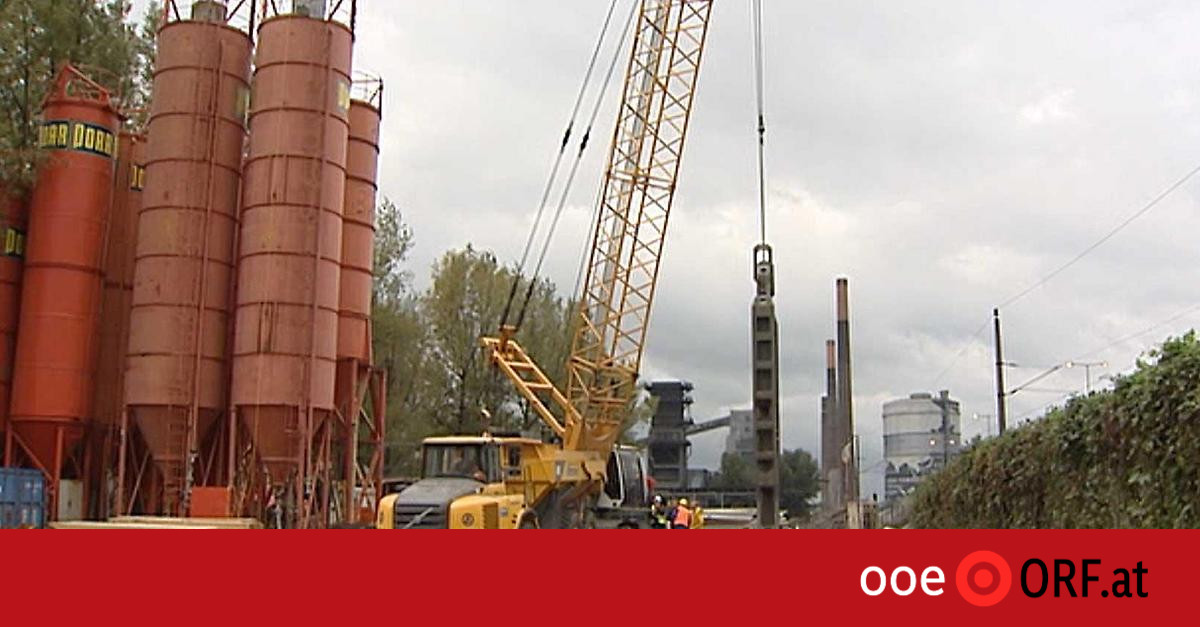The end of cars with internal combustion engines may be delayed. Two automotive superpowers are questioning the European Union’s efforts to ban the sale of new cars with non-ecological engines in 2035. Although the European Parliament has already approved the regulation, Italy and Germany unexpectedly reversed before the final approval. And maybe other countries could join.
It bothers Germany that after 2035 only electric cars or hydrogen propulsion are expected, but not engines that burn synthetic fuels. They are still extremely expensive and are mainly used in aviation or sports cars. But in twelve years it may be different.
“Even after 2035, vehicles that are operated in a climate-neutral way with eFuels must be registered. More openness, less unnecessary bans,” German Transport Minister Volker Wissing wrote on Twitter.
Some in the European Union welcome Germany’s approach, others point to the fact that it remembered in a matter of minutes, so to speak. The last vote is planned for Tuesday. “Bravo, excellent, they have finally woken up. There is always strength in numbers. In plurality, it will be clear which solution is the best,” MEP Alexandr Vondra (ODS) praised the decision.
“It is good to realize that synthetic fuels lead to very inefficient and expensive mobility. So the result here is not mobility for people who are looking for a cheap car with cheap operating costs,” said MEP Luděk Niedermayer (TOP 09).
The ban on internal combustion engines from 2035 is almost at the end of the EU negotiations. For someone to resist at this stage is unusual to say the least. “Even in the European Parliament, which approved the agreement, the vote had much weaker support than six months ago,” explained MEP Ondřej Knotek (ANO).
A qualified majority of votes, i.e. at least 75 percent, is required for approval. Germany would thus need three more member states on hand. Italy will almost certainly support him. There is also speculation about Hungary, Poland, Slovakia or the Czech Republic.
“I think it is quite possible. Slovakia is part of an alliance together with Germany and the Czech Republic, which concerns many things related to the automotive industry,” believes Slovak MEP Ivan Štefanec.
But the German government is not united on the issue of internal combustion engines. One of the coalition parties, the Greens, insists on the final twilight of combustion engines. “I believe that if we block it, Germany will make a big mockery of it. Because it effectively means the destruction of one of the main parts of the Green deal. And it also means that we cannot meet our climate goals,” fears German MEP Michael Bloss.
If Germany really got the blocking minority and the proposal fell under the table, a new round of EU negotiations would start. Both the member states and the European Parliament would have to find a compromise again.
jal, TN.cz


![We have a list of apps on phones that steal money and data. See – you need to remove these apps from your phone [3.03.2023 r.] We have a list of apps on phones that steal money and data. See – you need to remove these apps from your phone [3.03.2023 r.]](https://i0.wp.com/d-art.ppstatic.pl/kadry/k/r/1/7a/34/63fd0d1eabab5_o_original.jpg?resize=150%2C150&ssl=1)